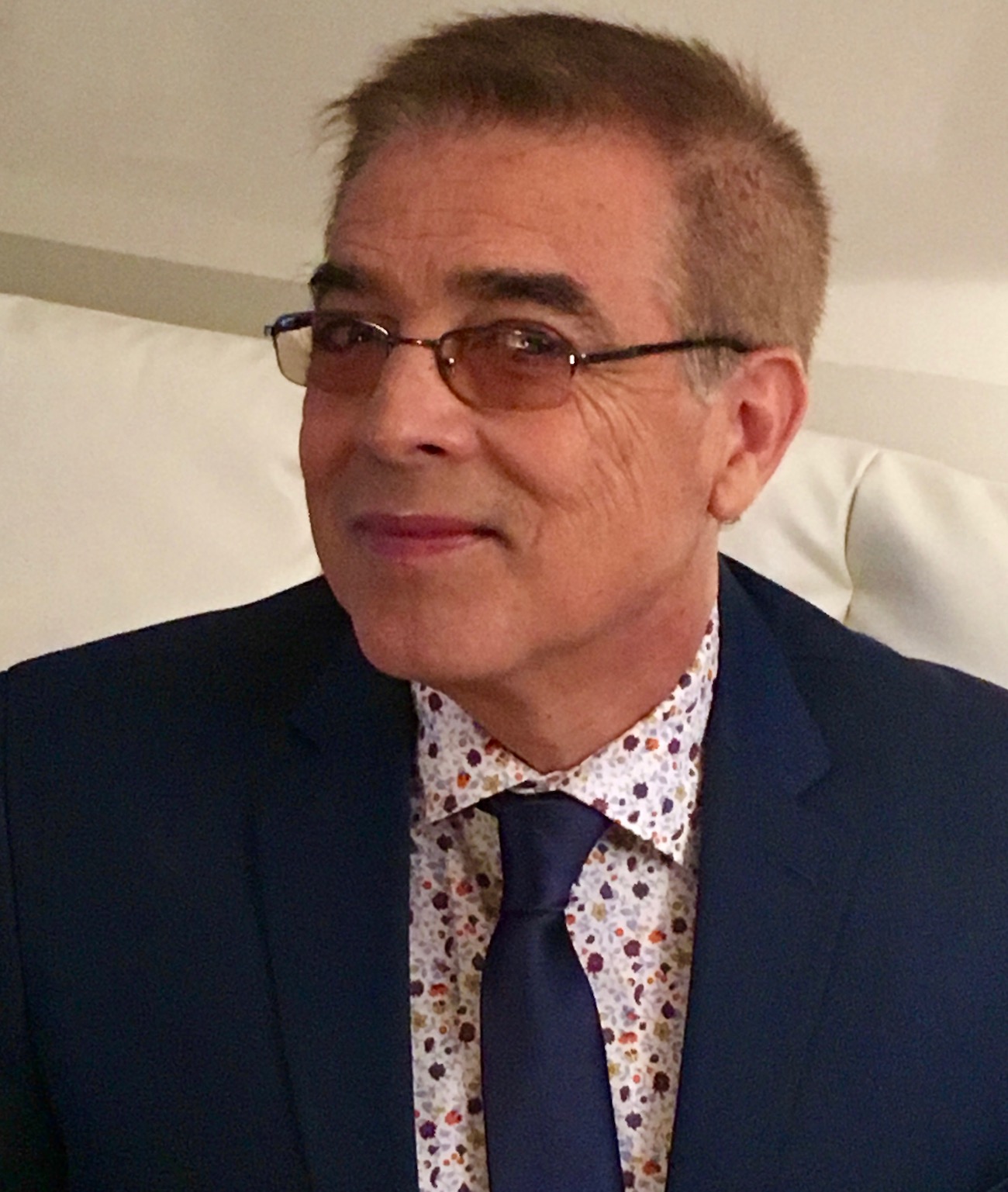Influencing Culture Through Entertainment PR
By Melissa Vela-Williamson, M.A., APR, Fellow PRSA
November 2023
Popular culture is a part of how people relate to one another and feel connected to the times in which they live. Popular fashions, music and entertainment changes by decade and can even swing back around. (Scrunchies and high-waisted jeans are back in fashion at my daughter’s high school!)
With my PR practice, I work to elevate Latino voices and to integrate minorities into mainstream popular culture.
Gabriel Reyes is president of Reyes Entertainment in Los Angeles, a PR agency for entertainment and media clients, celebrities and brands. I asked him about his experience of working in celebrity and entertainment PR and the growing influence of Latinos on American popular culture.
How did you come to specialize in entertainment PR?
I came to public relations in an accidental way. After a short stint as an actor in New York and doing several stereotypical roles, I realized that Latinos had an image problem and I decided to pursue a career in communications to help transform the image of Latinos in U.S. mainstream media.
I moved to Los Angeles and began my Hollywood career working for Latina producer Nely Galàn. She was launching a production company devoted to creating entertainment content for Latinos in English, which was a novel concept during the early 1990s. I was so excited that I began writing letters to the media alerting them to the work we were doing.
News of our company caught fire, and soon, people were asking who was doing PR for Nely. I told her people wanted to hire me to do their PR. Nely said, “You’re fired. Go start your own company and I’ll be your first client.”
What’s different about managing entertainment or celebrity PR than most people realize?
There are many differences between managing entertainment or celebrity PR. For example, if you’re representing a film project, then your duties are mainly to secure media placements and amplify awareness of the movie.
With celebrity PR, it gets more personal, such as securing designers and stylists to provide wardrobe and styling, hair and make-up professionals, guiding and advising celebrities on public stance and media training them to be effective interviewees.
I met Xolo Maridueña from “Blue Beetle” recently and I felt for him since the Hollywood strike was preventing him from promoting the film — especially because this was the first live-action film to focus on a Latino superhero! What has been your perspective on the Hollywood strike?
My heart goes out to Xolo and everyone involved with “Blue Beetle.” While I am extremely proud of the first Latino superhero, I am sorry the release coincided with the strike and prevented the proper promotion for the film.
I also think there should be more Latino superheroes, if only by virtue of our numbers and influence on American society. Latinos are one of the youngest, fastest-growing and largest communities in the United States.
My perspective on the strike is that it is sorely needed. The entertainment industry — like every other industry in this country — is severely unbalanced in terms of compensation. CEOs are taking in hundreds of millions in compensation while rank and file talent are paid very small amounts for their work. In addition, new technologies are making it much more difficult for talent to keep control of their Intellectual Properties as well as image and likeness.
Is there anything you’d like PR professionals to understand about celebrity or entertainment culture? Are there nuances or certain communication strategies we should be aware of?
I’d like PR professionals to understand that celebrity and entertainment culture is not the glamorous fantasy world they might imagine. In most cases, there is a difference between a celebrity’s public and private personas which may or may not coincide.
Your celebrity clients are not your friends. They expect you to work and be professional, not become one of their “squad.” If you accompany a celebrity client to an event, then it is work, not a social date. You shadow your client and control photos and interviews, and ensure her credentials and participation have been discussed and decided.
As a publicist, you think of every eventuality, and you leave no stone unturned.



